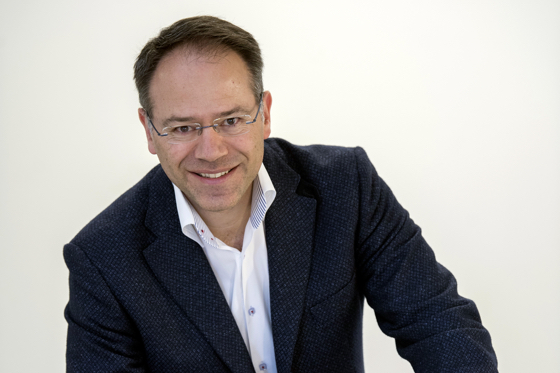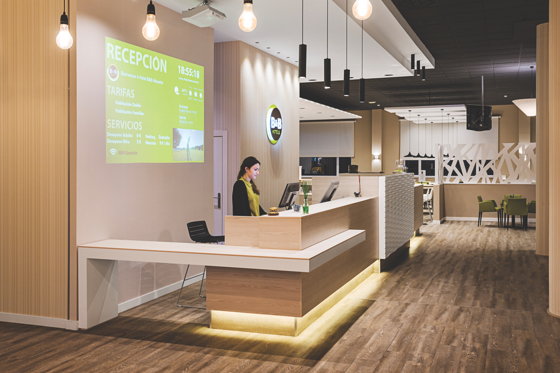French budget chain B&B Hotels is expanding its footprint in Spain following its acquisition of Sidorme last year. The takeover combined 15 Sidorme locations with the five operated by B&B for 20 hotels, concentrated mostly in Madrid and Catalonia. In a recent interview, Jairo González, CEO of B&B Hotels in Spain and Portugal, discussed the chain’s strategy.
HOTELS: How would you describe B&B’s niche?
Jairo González: We call ourselves 2-star-plus, select-service. Our rates range from €40 to €90 (US$47 to US$106) or more in city centers. But we feel like a 3-star hotel. We have a clean environment, free, high-speed WiFi and 24-hour reception, which is not the standard in economy hotels.
H: How did the merger go?
JG: Sidorme was a copy of B&B, so integration was easy and we didn’t have to spend a lot of money. I was CEO of Sidorme and now I’m CEO of B&B in Spain. It seems like we were always B&B.
H: What is the plan for expansion?
JG: We have 10 projects under development in Spain and Portugal with different degrees of maturity. They are spread throughout the Iberian geography. We plan to double in size by 2020. We’re focusing on cities with a population of more than 100,000 with 15,000 rooms.

H: What is your approach to attracting millennials?
JG: We offer value for the money. We’re redesigning our digital platforms to deliver a state-of-the-art digital experience. Low-energy consumption designs, local food for breakfast, bikes and electric car chargers are part of the mix. We embrace green and sustainable practices to meet the requirements of the most demanding millennials.
H: How would you describe the health of the market?
JG: Spain is recovering ground lost in the years of the deep crisis. The vacation hotels are having a great time, but, as always, you have to go destination to destination. Madrid has recovered a long way but is still below pre-crisis RevPAR levels.
H: What’s your perspective on Barcelona?
JG: Barcelona is expected to remain one of the most dynamic international tourism destinations in the coming years. But 2017 activity will be hurt by the August terrorist attack and the climate of tension as a consequence of the call for independence. The current moratorium on development limits possibilities but favors income growth for the operating hotels.

H: Did the August terrorist attack in Barcelona result in lower bookings?
JG: It is difficult to measure but it seems that the impact was moderate — 2% to 3% cancellation in the days after the attacks. The recovery of the Spanish economy together with growing foreign tourism will be the main drivers of growth in demand and profitability.
H: How has the sharing economy impacted the traditional hotel business in Spain?
JG: Airbnb is a powerful supply and demand connector. A large number of its offerings are owned and/or managed by companies and investment funds. In time they will start selling hotel rooms as well as apartments, and that will narrow the gap between apartment and hotel room prices. Airbnb’s big success lies in enabling more people to travel.
By HOTELS Contributing Editor Judith Crown
